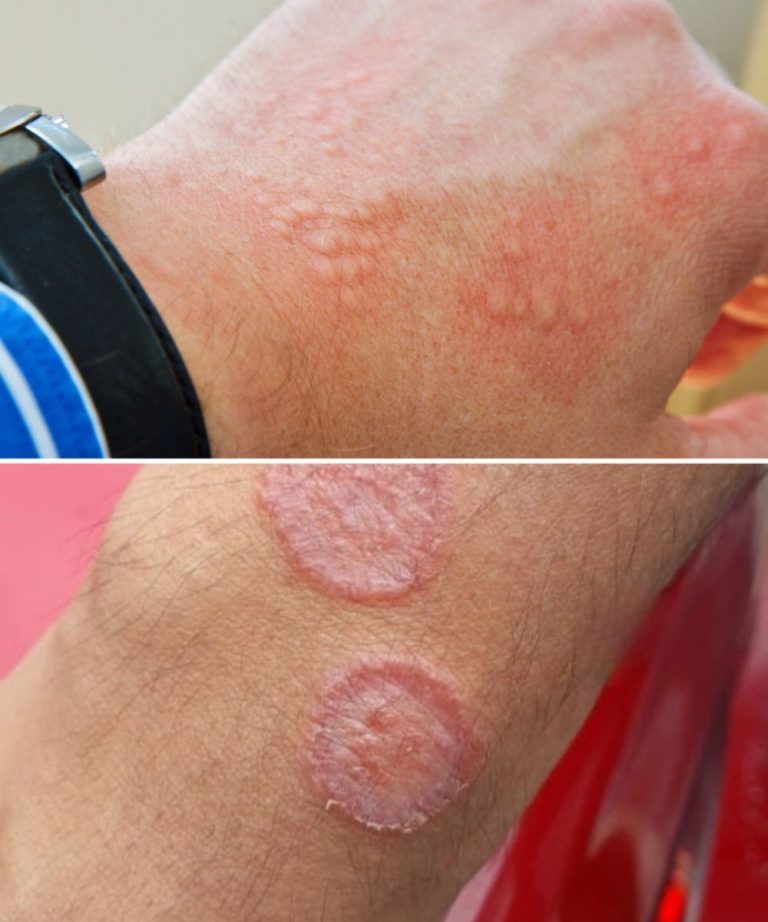
When to Seek Professional Help
Although many cases of skin irritation clear up on their own, some symptoms may indicate a more serious issue. If you notice blisters, swelling, pus, or ongoing pain, it could signal an infection or a strong allergic reaction that requires medical treatment.
Persistent conditions like redness, scaling, or itching might be signs of chronic skin disorders such as eczema, psoriasis, or rosacea. A visit to a dermatologist can help identify the cause and determine the best course of treatment, which may include prescription medication or allergy testing.
Smart Prevention Tips for Healthier Skin
Prevention starts with a mindful skincare routine. Choose gentle, fragrance-free products specifically formulated for sensitive skin. Avoid excessive exfoliation or overuse of alcohol-based or acidic skincare products, which can weaken the skin’s protective layer.
Always moisturize immediately after showering or bathing—when your skin is still damp—to help seal in moisture. If your hands are frequently in contact with water or cleaning agents, consider wearing gloves and using a nourishing hand cream regularly to prevent dryness and irritation.
Conclusion
Skin irritation can be uncomfortable, but it’s often manageable with the right approach. By understanding the causes, using soothing remedies, and adopting preventive measures, you can protect your skin and maintain a calm, healthy complexion.